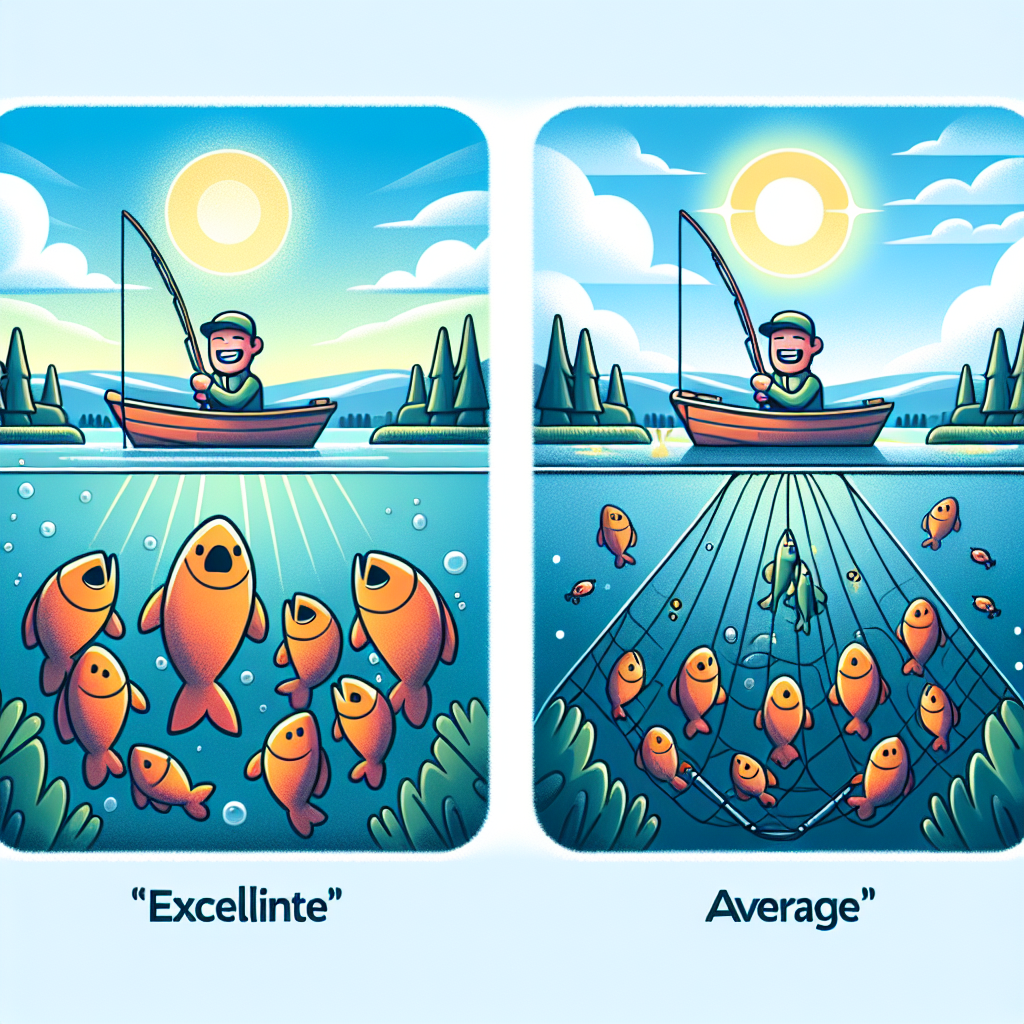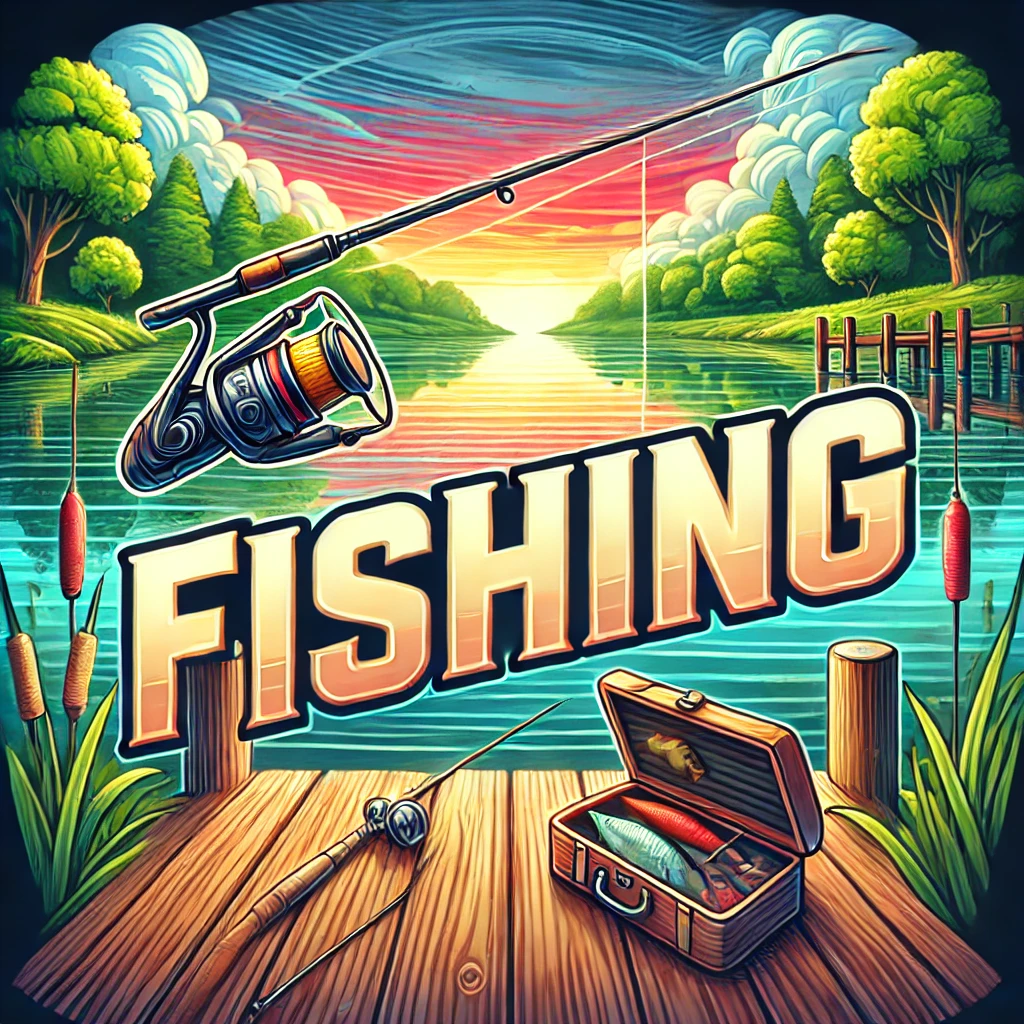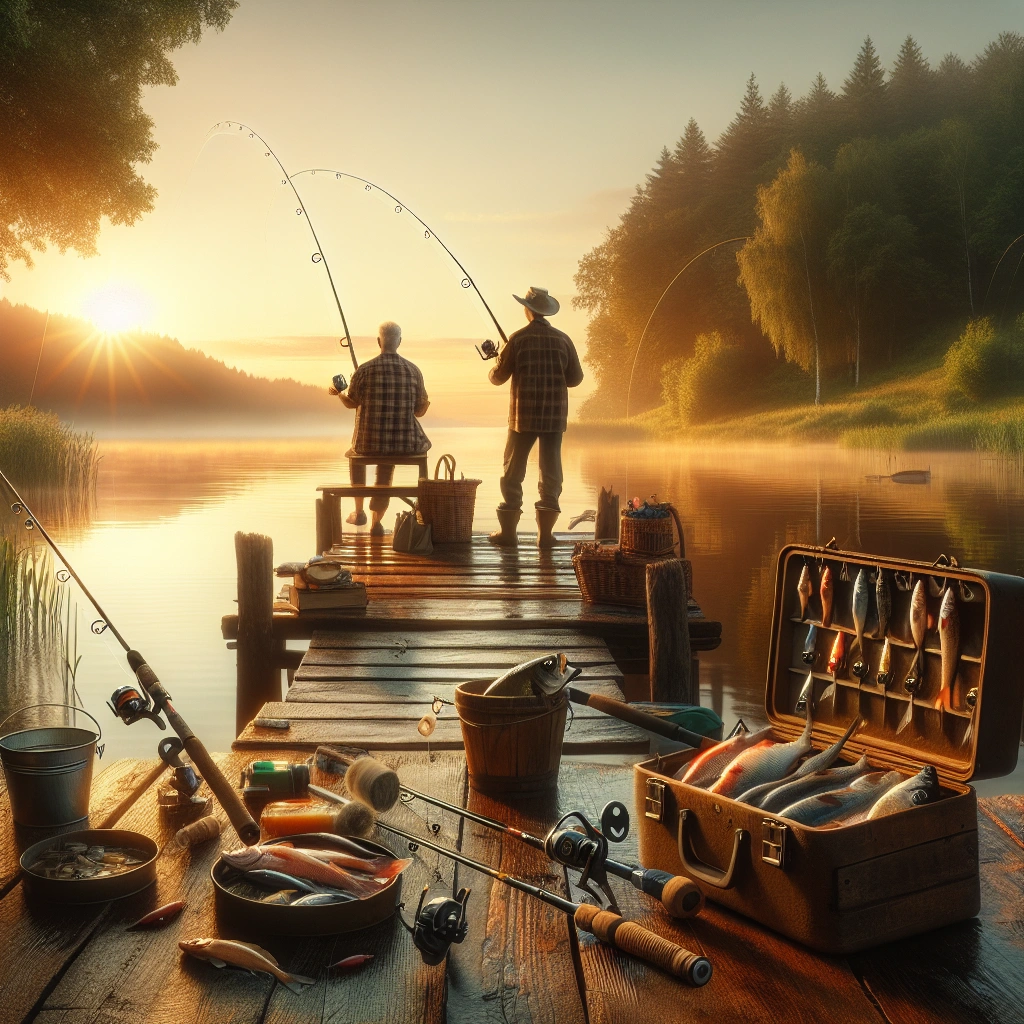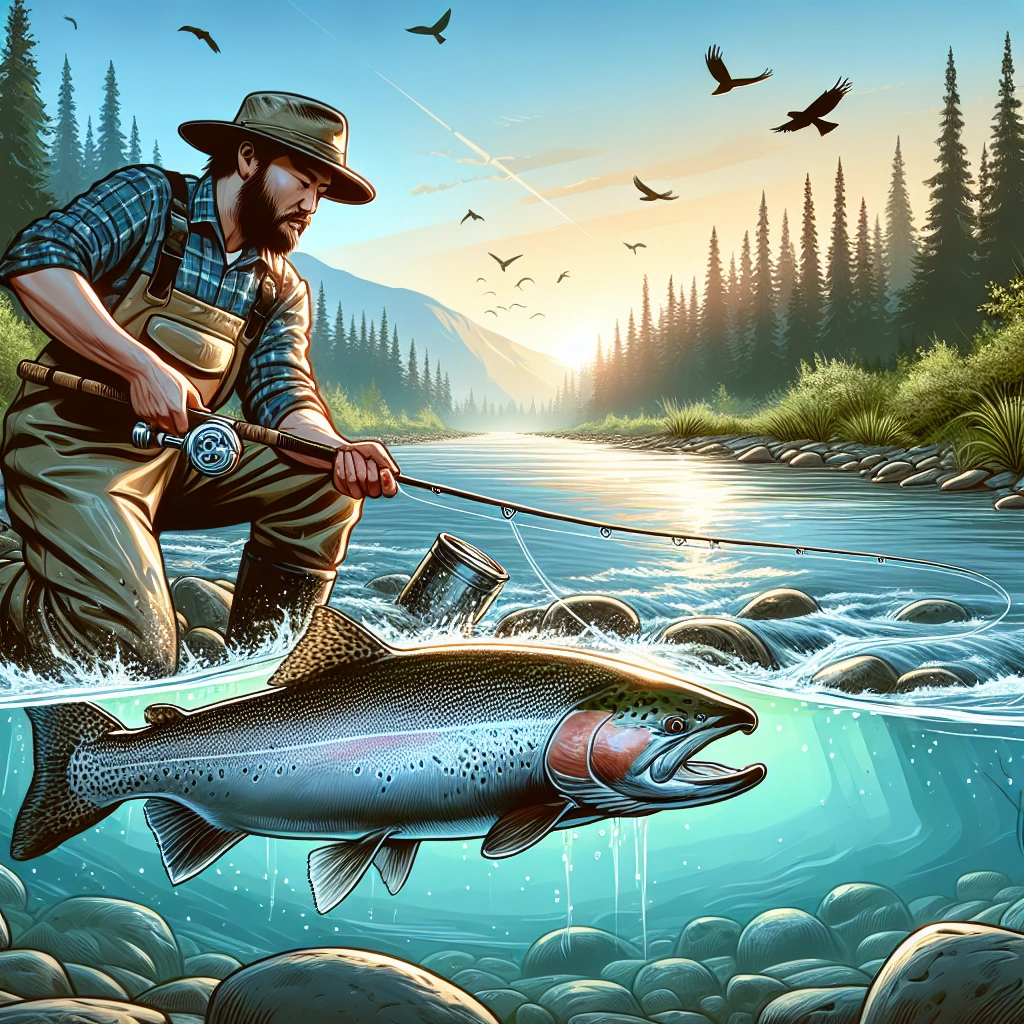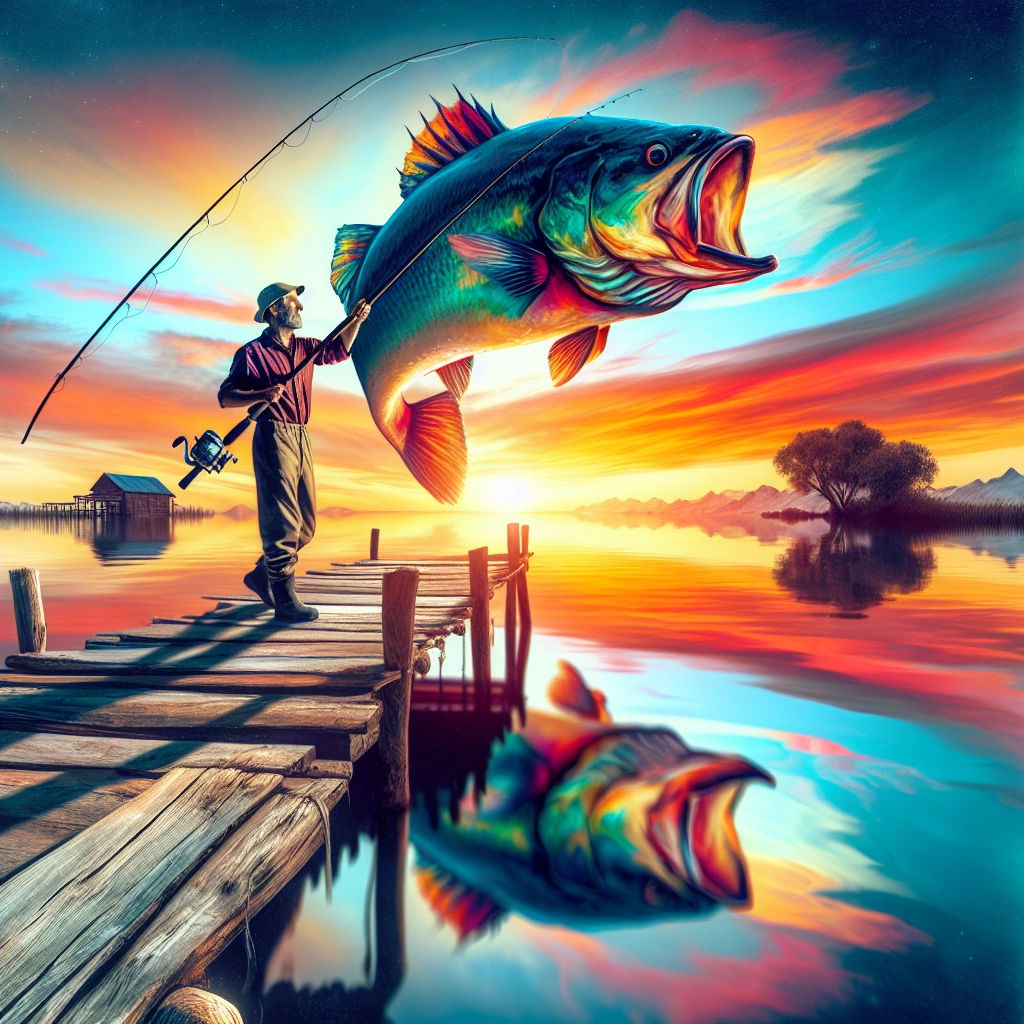I've decided to revisit this and add more input incase newbies to fishing are still wondering about these things as I believe it's not as simple as going by the major and minor times as so many things affect fishing.
- Advice you see on the internet maybe geographic only. For example, what works in Australia may not work in the USA or Caribbean for various reasons (season, water temperature, salt or freshwater, large difference between low and high tide etc).
- Learn your spot where you fish. A specific specie of fish will behave differently depending on the area for various reasons. Example, fishing may only be hot at your spot when conditions are dirty because there is little cover otherwise for fish. Another example is fish only feeding when school of bait fish is around as there is little food otherwise that they are interested in.
- Advice can differ depending on if you fish inshore or offshore. What works offshore may not work inshore.
- What works for one specie isn't a guarantee to work for other specie, even for sub specie. Example, what works for a mutton snapper isn't guaranteed to work for yellowtail snapper. What works for Trevally isn't a guarantee for Barracuda.
- Know the fish in your area for the following reasons:
(1) Will help you to determine what bait or lure to use. Some fish will absolutely reject dead bait on the bottom 99% of the time while some will gladly take it. If smaller fish is around, you would know to use smaller lure/bait or if big fish around bigger lure/bait.
(2) it will help you determine which time of day is best to fish. Some fish are better caught at night, some during the day.
(3) Will help determine the better moon phase. Yes different fish do behave differently according to the moon phase. Example, In my area Cero Mackerel are all about the new moon.
(4) Will help determine which of the daily solunar period is better for fishing. Some fish bite better when the moon is up, some when it's down. Some fish go incognito as soon as moonlight starts to shine (better believe it). Some are all about sunrise, sunset etc.
- Not all fish work according to the major and minor times. Example where I live, all the best catches I've had never happened during any of the major periods. Few hours after the major period is when I've landed all my inshore monsters. Fishing usually goes a little dead after moonrise and same during moonset at night. This comes back to understanding your area and the type of fish around. The incoming tide where I am at, starts usually around the major period which may explain why it's usually dead and why couple hours after is more productive as that's when you have more tidal movement. In my area, tide generally goes out around moonrise and moonset which might explain the slow period for inshore fishing.
- Nothing about fishing is constant.
- Fish has their season. Ever wondered why you catch a specie in abundance and all of a sudden nothing?
- 6 months of the year, full moon has the stronger tides while the other 6 months, the new moon takes over. (Nothing is constant)
- The water level drops for half of the year and returns the other half (nothing is constant)
- Your best fishing days will eventually always coincide with one of the new or full moon (3-4 days either side of it).
- This maybe area specific, but parts of the year, the big tides from the new or full moon can start 3 days before and go on to 2-3 days after. Some parts of the year, it starts around the day itself of the moon and last up until the day of or before the quarter moon (nothing is constant)
- Your catch will be bigger certain months of the area for different specie and some months, quite small (nothing is constant).
- The sun and moon affects the tide which is why they matter so much in fishing. The closeness and distance of the sun to earth affect the rough and calmess of the sea.
- Sometimes, fish may occupy one area of a bay and then change to the other side. Can be because of water visibility, calmness/roughness etc.
